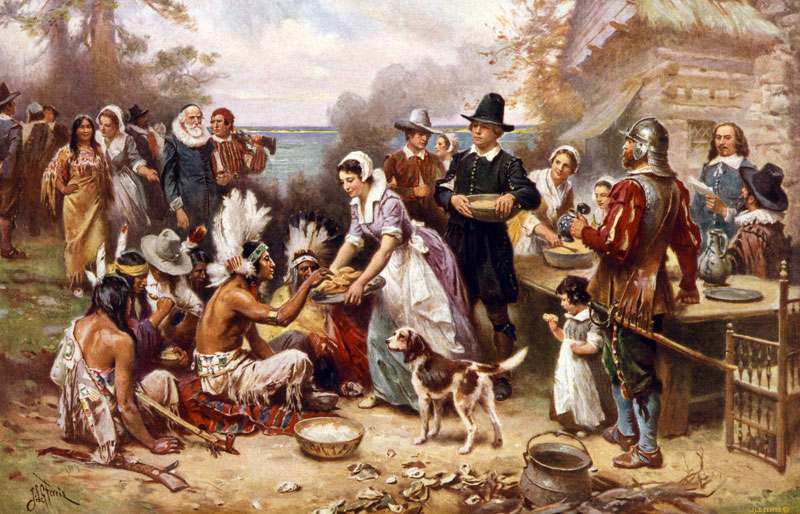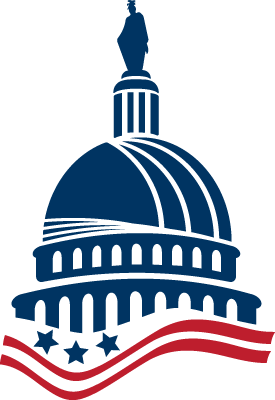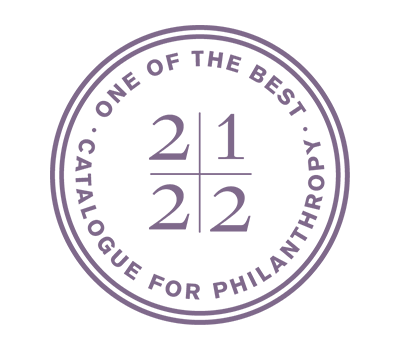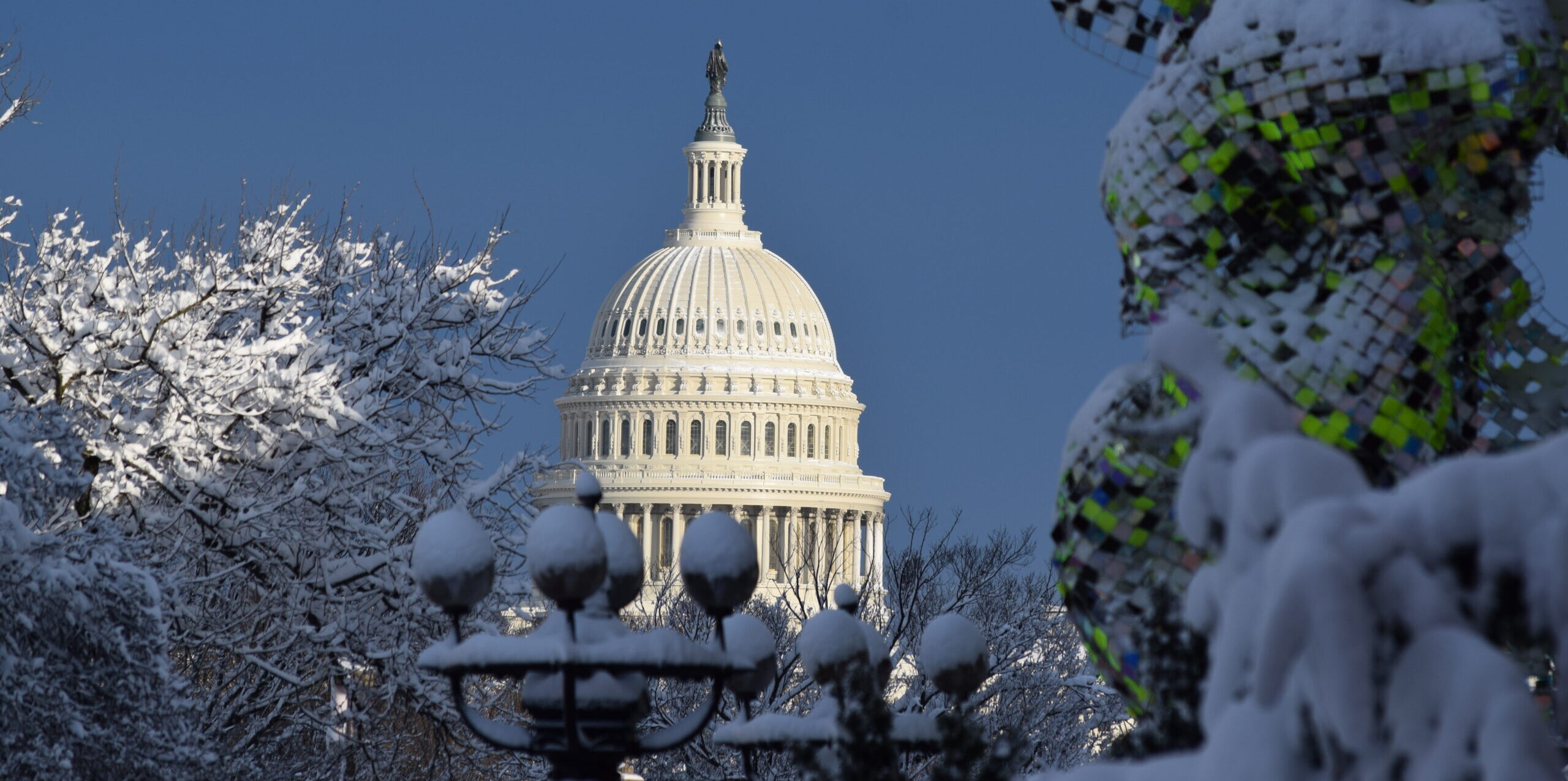
The mythology of the Pilgrims and Thanksgiving continues to be taught in schools and passed down from one generation to the next. But why do some Native people currently hold a Day of Mourning on Thanksgiving? How did the Pilgrims’ voyage to the “New World” become a prominent American origin story? When did the United States first celebrate Thanksgiving and how? And should Americans rethink their interpretation of the holiday?
Our webinar with Prof. Silverman sheds important light on fact vs. fiction as well as the complex relationship between the Wampanoag Indians and Pilgrims, their declared friendship, and the commitment to mutual defense that became a war just one generation after the “First Thanksgiving.”







